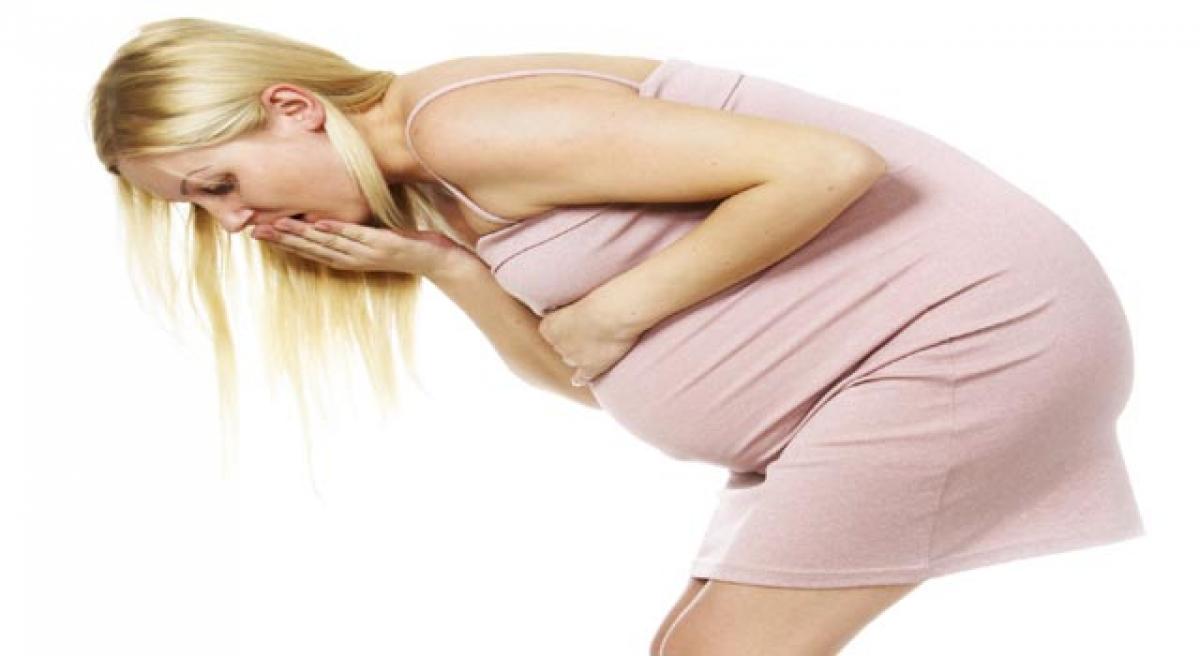Maternal obesity may affect biological age of children

Higher body mass index (BMI) in women before pregnancy can lead to shorter telomere length -- a biomarker for biological age in their newborns, according to a study.
Higher body mass index (BMI) in women before pregnancy can lead to shorter telomere length -- a biomarker for biological age in their newborns, according to a study. Telomeres are structures at the ends of chromosomes which are vital in maintaining the stability of a person's genome as they protect chromosomes from degradation.
"Compared with newborns of mothers with a normal BMI, newborns of women with obesity are older on a molecular level, because shortened telomere lengths mean that their cells have shorter lifespans," said Tim Nawrot, Professor at Hasselt University in Belgium. Telomere length, which is measured by the number of DNA base pairs they occupy, is directly linked to the number of times a cell can divide in its lifetime.
Thus, longer telomeres allow cells to divide more often, providing a link between telomere length and biological age. Telomere length in adults has been associated with age-related diseases such as cardiovascular disease, Type 2 diabetes and increased mortality. In the study, the research team found that for each one-point increase in the mothers' BMI, telomeres in the babies were about 50 base pairs shorter.
According to the researchers, this 50 base pair shortening of telomere length is equivalent to the length that people normally lose in 1.1 - 1.6 years of adult life, which may increase the risk of chronic diseases in adulthood. "Our results add to the growing body of evidence that high maternal BMI impacts foetal programming, which could lead to altered foetal development and later life diseases," Nawrot said.
"So maintaining a healthy BMI during a woman's reproductive age may promote molecular longevity in the offspring," he added. For the study, published in the journal BMC Medicine, the team involved 743 mothers, who were 17 to 44 years of age, and their newborn babies.














